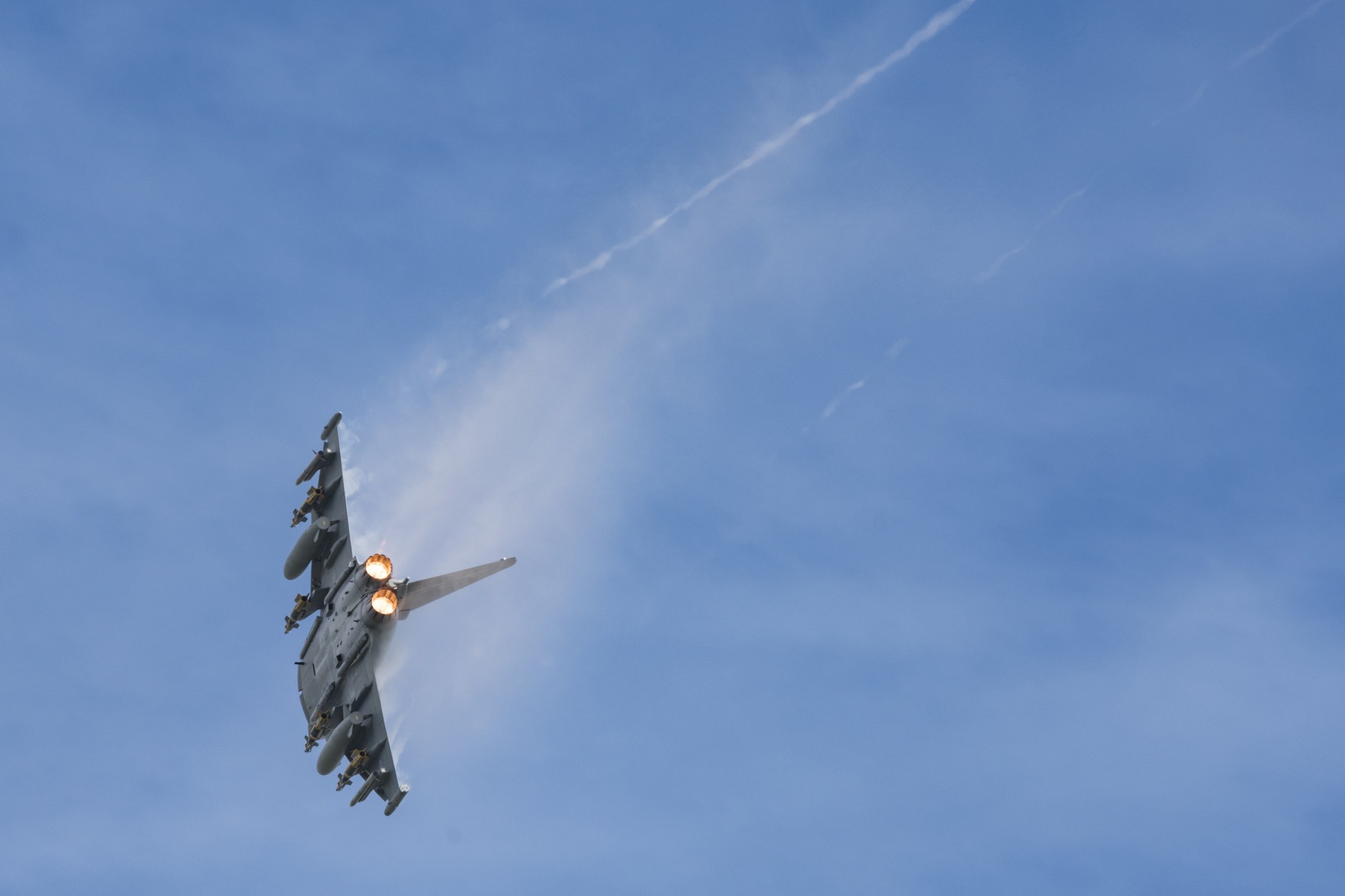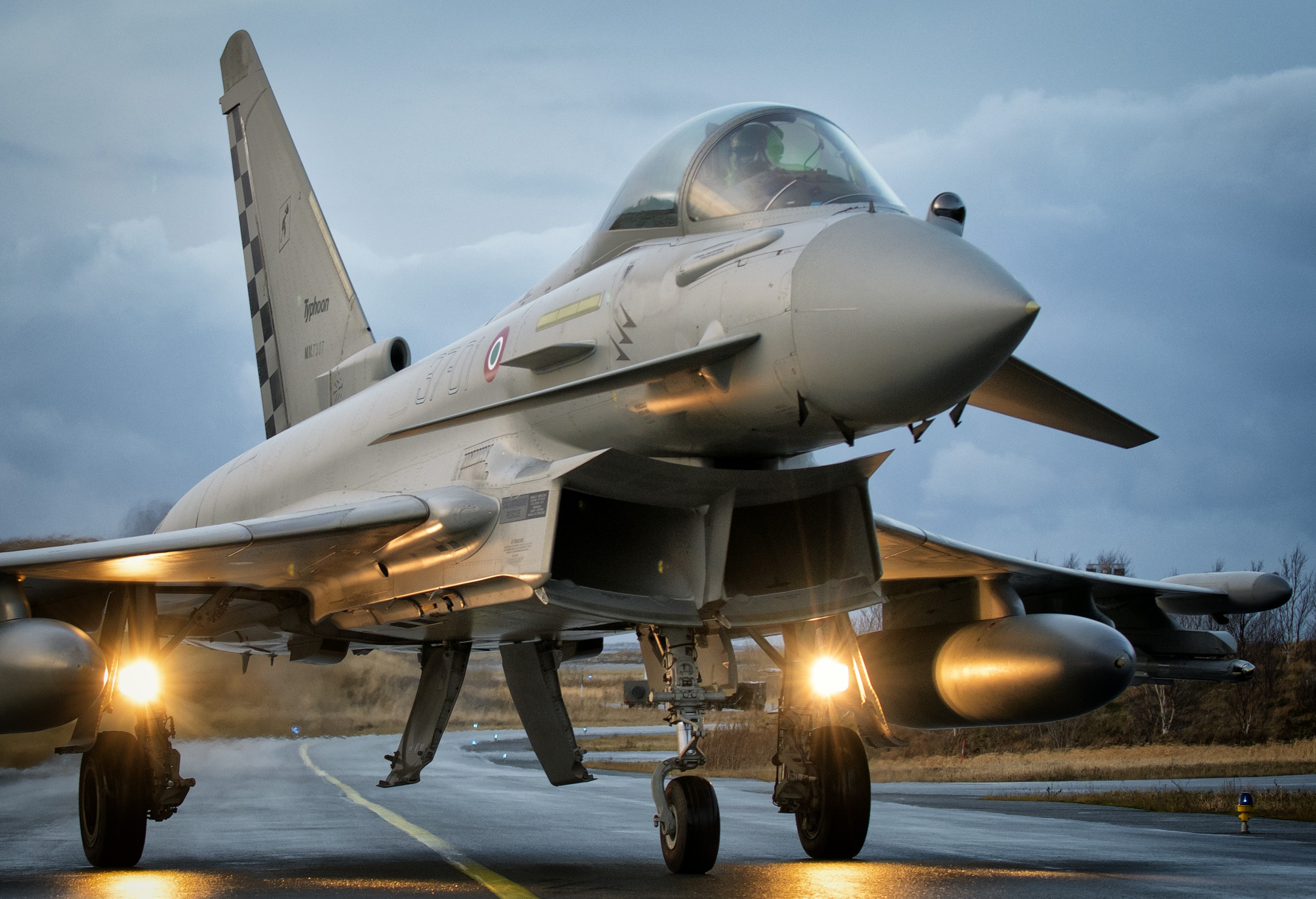For the past two years Jose Guil has been NETMA’s senior representative in the IWSSC, working alongside representatives from the UK, German, Italian and Spanish Air Forces are all part of the IWSSC, as well as industry representatives.
Immediately prior to his appointment he worked in the Logistics Command of the Spanish Air Force in the Eurofighter National Support Organisation (NSO). This kind of career trajectory means he truly appreciates the work of the relatively unheralded IWSSC.
“The IWSSC has given me a great opportunity to work with people from different Nations who come to it with different views,” says Jose.
NETMA’s role in the IWSSC is a crucial one. It ensures the coordination and harmonisation of the Nations’ needs in relation to in-service support, acting as a representative with Eurofighter, which acts on behalf of the companies of the consortium, trying to ensure quick and efficient solutions are shared among the group.

“My main task is supervising the progression and resolution of critical in-service issues and technical Instructions causing maintenance burden or operational limitations to the national fleets. It is great to be able to say you are working to tackle some of the issues that the Nations and fleets have. At the end of the day our brief is all about making sure the aircraft is operational across those Nations.
“There are great things happening around the programme, with new capabilities like the radar upgrade coming on board. And of course, these milestones tend to grab the headlines. In comparison, the kind of in-service support work we carry out doesn’t attract much attention, but it is important. For me, it doesn’t make sense to talk about additional capabilities if the aircraft is on the ground, unable to fly.”
Having a group of experts drawn from the Nations, from industry and from NETMA in the same building, is a great thing says Jose. It means people can simply wander across the corridor to talk about things.
It’s a face-to-face approach to problem solving, the strong ties of the centre with the NSOs of the logistics commands of each of the Nations are extremely important.
Says Jose: “We know there is frustration over some of the issues the Nations have and the time it takes to get them resolved. Sometimes you wish you had a magic wand you could wave that would solve things. But you have to understand some of these things are very complex. Things work well when we can get together to agree.”
The beauty of the IWSSC is that it allows the rapid flow of information between all the different parties involved in the maintenance and operation of the weapons system. The centre is able to dynamically react as one to in-service problems and challenges and share best practices efficiently.

“The Nations have signed mutual support agreements for material and engineering, which are managed through their representatives at the IWSSC. These have often been key to solving logistical or technical problems quickly and efficiently. This work means we often avoid leaving aircraft on the ground awaiting replacement parts or the elaboration of repair procedures.
“A key to the centre’s success has been the development of a close working relationship between Eurofighter customers and the industry base that supports them. It’s a face-to-face approach to problem solving, the strong ties of the centre with the NSOs of the logistics commands of each of the Nations are extremely important.”
Another important aspect of the work at the centre is the use of ‘common tools’ which are key in creating synergies and exchanging information.
Does it bother him that the work goes on under the radar? “Not really,” says Jose. “The Chiefs of Staff are aware of the work that we do, and I believe people know about the good things that happen in the centre. That said, more awareness about the work and the varied agenda we have is always welcome.
“But for me success comes when we are able to harmonise the different positions of the Nations, when we are able to come together with industry and agree. Relationships are important and in that sense the centre is a great success story. We have created an environment where people are committed to helping one another and being part of that and seeing what it can do is exciting.
“Maintaining effective working relationships with Nations and industry stakeholders is paramount. In short, the cooperation between the air forces, NETMA and the industry in the IWSSC is vital to sustain the operation of the Eurofighter weapon system with the highest fleet availability.
“It is achieved by the highly motivated and coordinated group of people who work there on a daily basis. Ever since its creation, they have done and continue to do a magnificent job, making the IWSSC what it is today: a major success story within the Eurofighter programme.”
